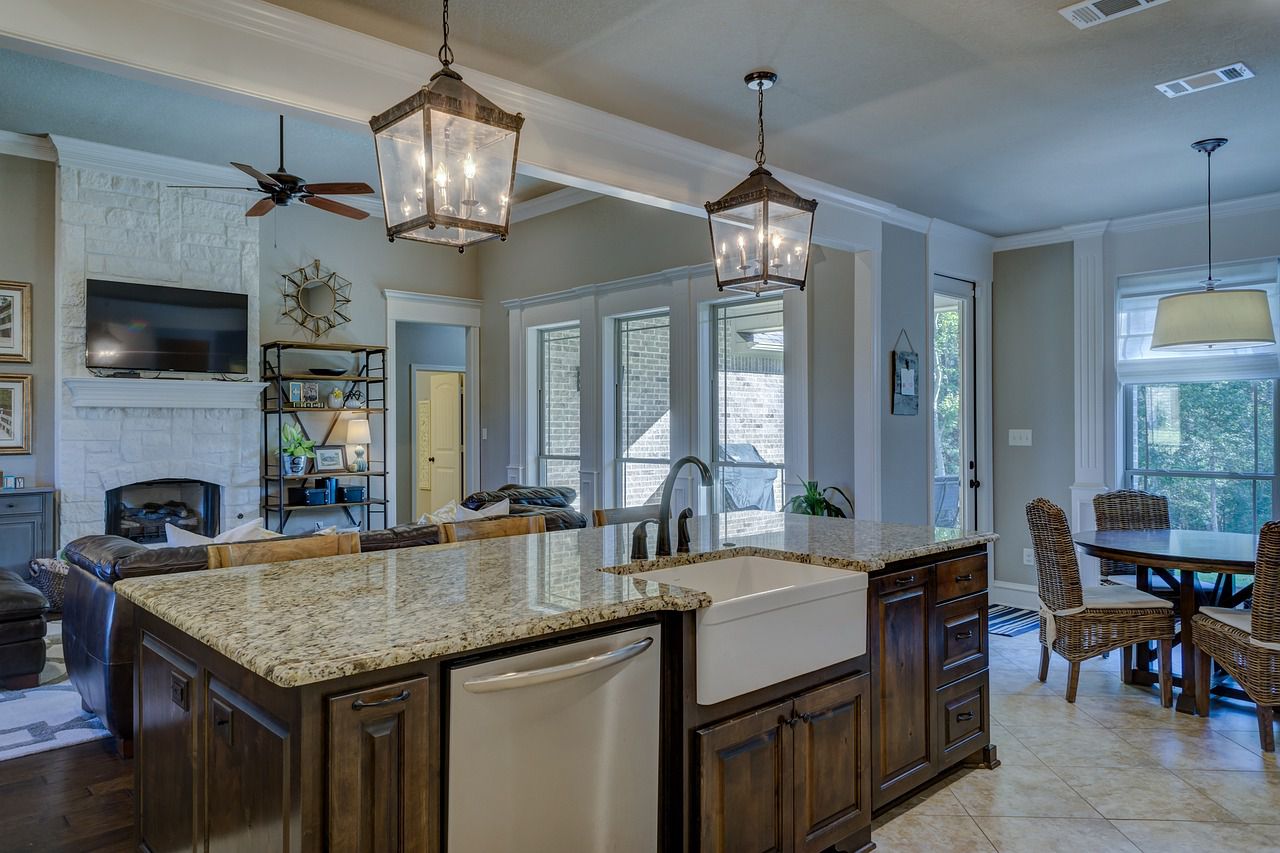You might not need a big kitchen: Pros and cons
A big kitchen, also known as a spacious or open kitchen, has its own set of advantages and disadvantages.
Here's a breakdown of the pros and cons.
Let's start with the best parts.
Ample Space
A big kitchen provides plenty of room to move around, work, and store kitchen essentials.
This is especially beneficial when multiple people are using the kitchen simultaneously.

Social Interaction
A spacious kitchen can serve as a gathering place for family and friends.
It becomes a natural spot for conversations, cooking together, and entertaining guests while preparing meals.
Enhanced Functionality
With more space, you can incorporate various work zones like cooking, prepping, and washing areas, allowing for efficient multitasking.
Storage Capacity
Larger kitchens generally offer more storage options, such as spacious cabinets, pantry space, and shelving, which helps keep the kitchen organized and clutter-free.
Increased Property Value
Homes with larger, well-designed kitchens tend to have higher resale values since kitchens are a focal point for potential buyers.
Now, let's talk about cons.
Higher Cost
Larger kitchens typically require more materials, fixtures, and appliances, which can lead to higher construction and renovation costs.
Maintenance Challenges
Cleaning a bigger kitchen can be more time-consuming and physically demanding.
There's also the potential for increased wear and tear.
Distance and Efficiency
A larger kitchen might require more movement to access different areas, potentially making meal preparation less efficient if not well-designed.
Heating and Cooling
Larger spaces might require more heating or cooling, which can be a consideration in terms of energy efficiency and comfort.
